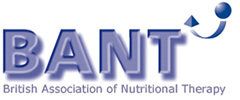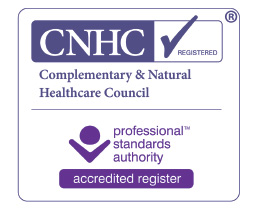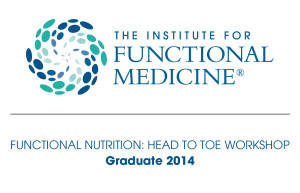Are fats and oils to be avoided in a healthy diet or are they essential for health?
The answer depends on what kind of fat or oil we are talking about.
In this video I explain how we have got it wrong about fats and oils over the last 60 years, which fats and oils to eat, which to avoid and which are suitable for cooking.
Learn more about my work in London and Totnes, or find out about online consultations.
SIGN UP TO THE NEWSLETTER TO BE NOTIFIED WHEN EACH NEW POST IS RELEASED.
Related posts:
10 Reasons You Need Cholesterol – Part 1
10 Reasons You Need Cholesterol – Part 2
The Low-Fat Fallacy – Saturated Fat Is Good for You – Part 1
The Low-Fat Fallacy – Saturated Fat Is Good for You – Part 2
The Low-Fat Fallacy – Saturated Fat Is Good for You – Part 3
The Low-Fat Fallacy – Saturated Fat Is Good for You – Part 4






Great information.
Here though is a blog on the Woodlands Dairy UK based Sheep & Goat Yogurts. The information on Sheep dairy is great, it goes into a lot of details about the fat content of Sheep milk, as it is mostly Mono and polyunsaturated fatty acids and made up of short chain & medium chain acids. It’s fat content is far easier to digest.
http://woodlandsdairy.co.uk/why-sheep-milk-is-better-for-you-than-cow-or-goat-milk-nutritional-benefits-of-sheep-milk/
Thank you Andrew. Some people indeed tolerated sheep or goat’s milk more readily than sheep’s milk, but some people are just too sensitive even to the lactose and casein in sheep and goat’s milk.
On the protein, from what I understand Sheep’s milk/yogurt is 100% Beta A2 casein which is more like the casein found in the structure of human breast milk casein, which makes it a lot more digestible and easier absorbed.
Yes that is probably the reason why sheep’s and goat’s milk are generally better tolerated.